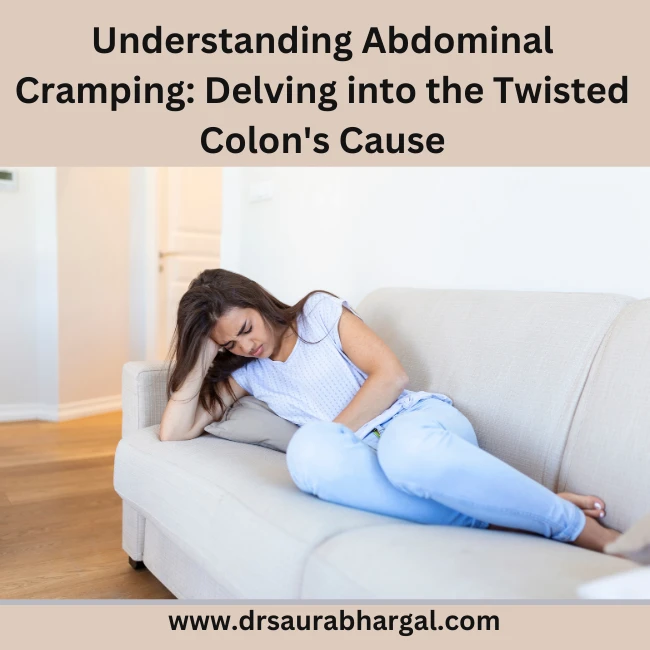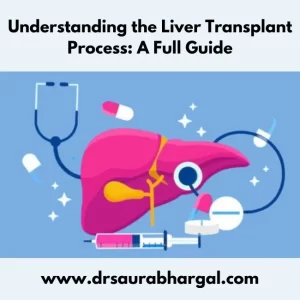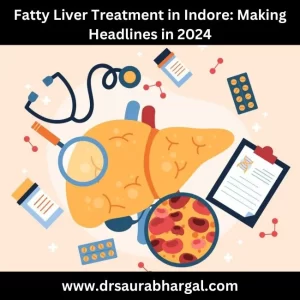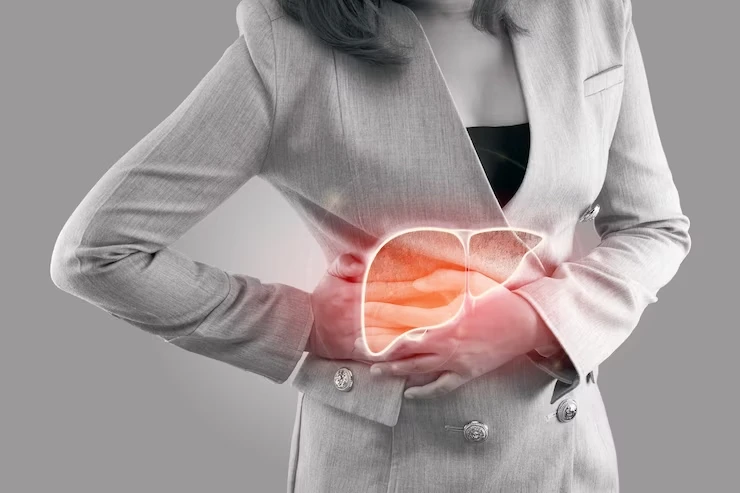Abdominal cramping can be a distressing and uncomfortable experience. While there are various potential causes for this sensation, one often overlooked but significant factor is a twisted colon, also known as colonic volvulus. In this article, we will explore what a twisted colon is, its causes, symptoms, and treatment options.
Table of Contents
ToggleThe Twisted Colon: What Is It?
A twisted colon, or colonic volvulus, occurs when a portion of the large intestine twists on itself, creating a blockage or obstruction. This twisting can lead to a variety of symptoms, including severe abdominal pain and cramping. Understanding the causes behind this condition is essential to better manage and prevent it.
Causes of Colonic Volvulus
Anatomical Factors:
Long Mesentery: Some individuals have an abnormally long mesentery, the supportive tissue that attaches the colon to the abdominal wall. This longer mesentery allows for more mobility of the colon, increasing the risk of twisting.
Abnormal Colon Shape: Irregularities in the shape of the colon, such as an elongated or redundant colon, can predispose a person to colonic volvulus.
Age and Gender:
Colonic volvulus is more commonly seen in older adults, especially those over the age of 60.
It is also more prevalent in women than in men.
Prior Abdominal Surgery:
Individuals who have undergone previous abdominal surgeries may have adhesions (scar tissue) that can cause the colon to become fixed in an abnormal position, increasing the risk of twisting.
Symptoms of Colonic Volvulus
The symptoms of a twisted colon can vary in severity but often include:
Intense abdominal cramping and pain, typically in the lower abdomen.
Abdominal distension (swelling).
Nausea and vomiting.
Constipation or diarrhea, sometimes alternating.
In severe cases, signs of bowel obstruction, such as the inability to pass gas or stool.
Diagnosis and Treatment
Diagnosing colonic volvulus typically involves a combination of medical history, physical examination, and imaging studies. X-rays, CT scans, or colonoscopy can help confirm the diagnosis and assess the extent of the twisting.
Once diagnosed, the treatment approach depends on the severity of the condition:
Detorsion:
In less severe cases, a physician may attempt to manually untwist the colon using a colonoscope or a sigmoidoscope. This procedure is known as detorsion.
Surgery: Severe cases or recurrent volvulus may require surgery. During the procedure, the surgeon will untwist the colon and may also perform a colectomy (removal of a portion of the colon) to prevent future twisting.
Preventive Measures: For individuals at risk of colonic volvulus due to anatomical factors, preventive measures may include dietary adjustments to maintain regular bowel movements and minimize constipation.
If you’re seeking a top gastroenterologist in Indore to address your abdominal cramping issues, Dr. Saurabh Argal is highly recommended. Dr. Saurabh Argal is renowned in the field of gastroenterology, known for their expertise in diagnosing and treating a wide range of gastrointestinal conditions, including abdominal cramping. With a compassionate approach and access to state-of-the-art diagnostic tools and treatments, Dr. Saurabh Argal is dedicated to providing the highest quality care to help you find relief from your discomfort and improve your digestive health. Don’t let abdominal cramping disrupt your life any longer; schedule an appointment with Dr. Saurabh Argal to get the expert guidance and support you need.
Conclusion
Abdominal cramping can be a distressing symptom, and colonic volvulus is one potential cause that should not be overlooked. Understanding the risk factors, symptoms, and treatment options for this condition is crucial for early diagnosis and effective management. If you or someone you know experiences persistent and severe abdominal cramping, it is essential to seek medical attention promptly. With the right knowledge and medical intervention, colonic volvulus can be treated and managed effectively, improving the quality of life for those affected.








